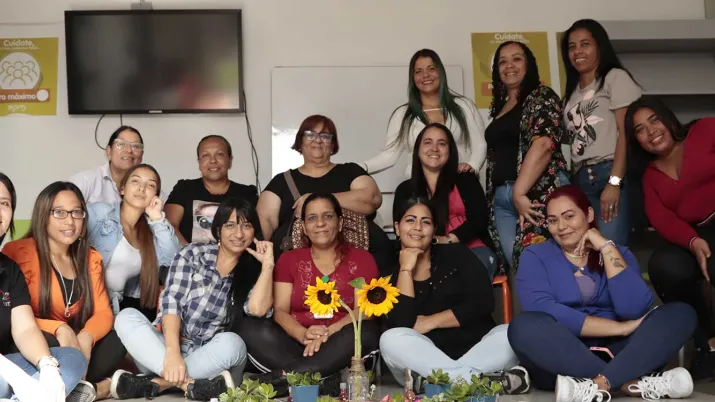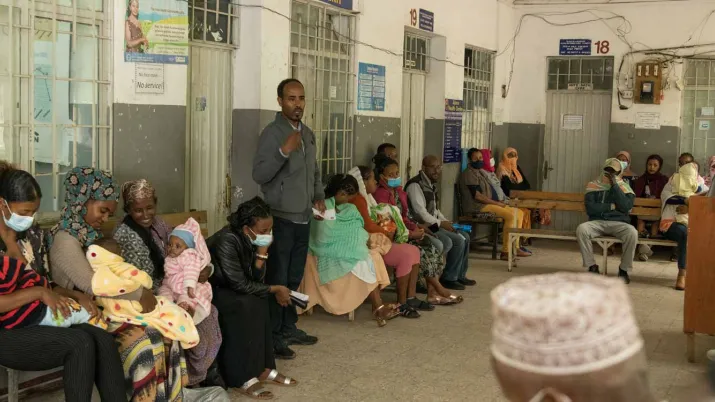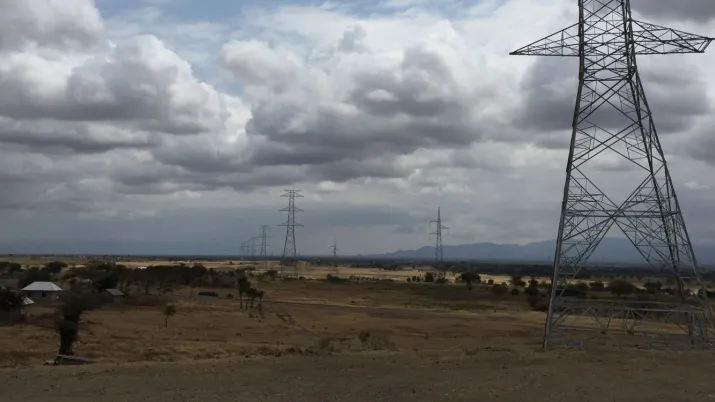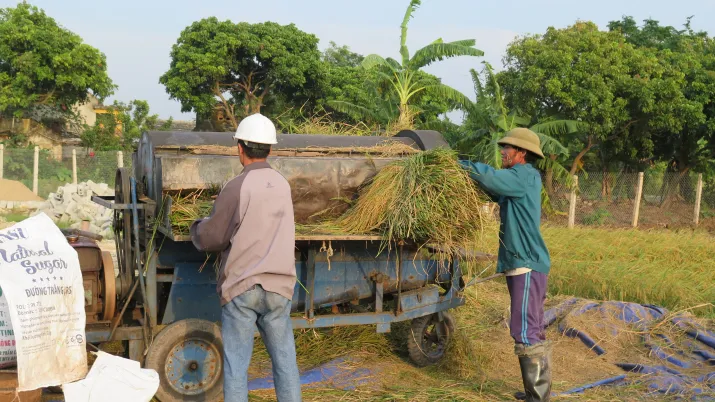Share the page
Support program for sustainable land management and agro-ecological transition in the Arusha region-ARUTAE
Project
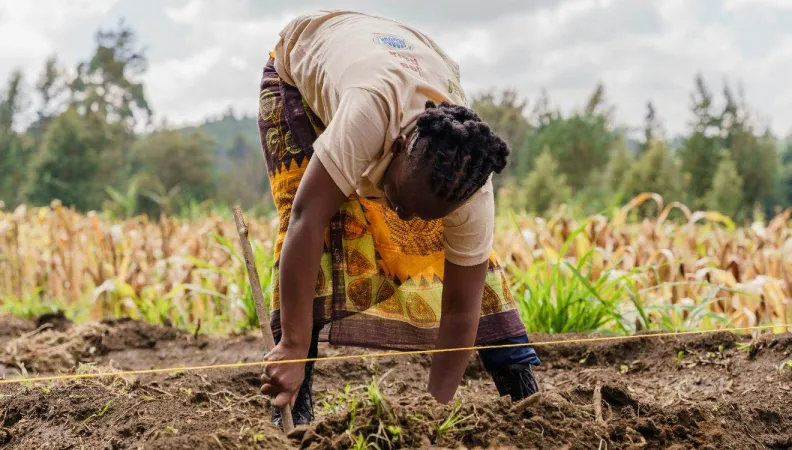

-
Project start date
-
Status
Ongoing
-
Project duration
-
3 years
-
AFD financing amount
-
500 000 €
-
Global financing amount
-
1 197 955 €
-
Country and region
-
Location
-
Arusha, Tanzanie
-
Type of financing
The project, which benefits 1,500 producers, aims to contribute to the resilience of the populations of the Arusha region in the face of climatic and environmental disruptions, by supporting family farms to ensure their sustainability and their contribution to the food and nutritional sovereignty of the territory.
Description
The Arusha region is considered one of the breadbaskets of Tanzania: 40% of the regional GDP comes from crop production and 80% of the inhabitants are employed in this sector. As early as 2019, the "Arusha Appeal" had been signed by many researchers to alert on the health consequences of pesticides in Africa.
Faced with this problem, as well as declining soil fertility, the NGOs Îles de Paix, Cari, Recoda and the Mviwata-Arusha farmers' network have created a three-phase project to develop agroecological practices and organic agriculture in the Arusha region. This Support Program for Sustainable Land Management and Agroecological Transition in the Arusha Region (Arutae) has received a 500,000 euro grant from AFD for the first phase currently underway.
The project includes training for farmers, but also training for journalists, vendors and consumers to raise awareness of the entire production and consumption chain.
Impacts
Each farmer commits to sharing his or her knowledge with three other people, thus ensuring wide dissemination of these new practices. In total, the project directly targets 1,500 producers in ten villages, and 30,000 indirectly.
The project will also allow the implementation of a social certification to better identify organic products.
In the same region
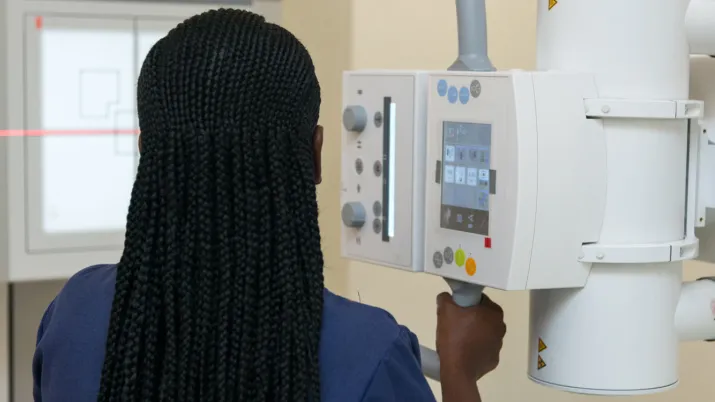
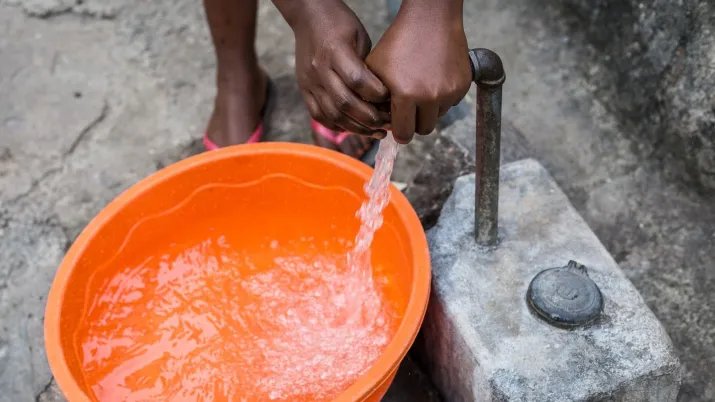
On the same topic

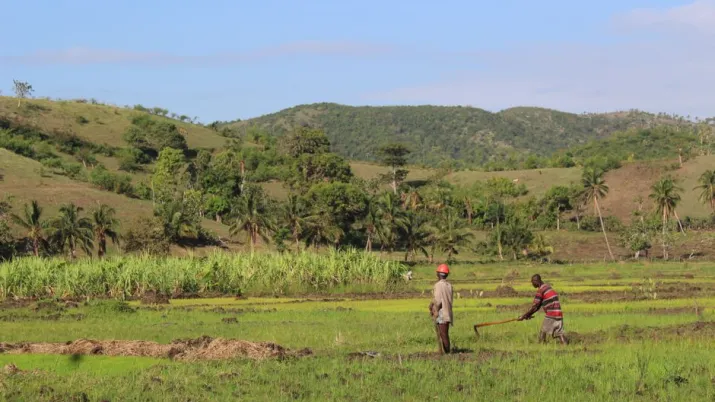
On the same financial tool
